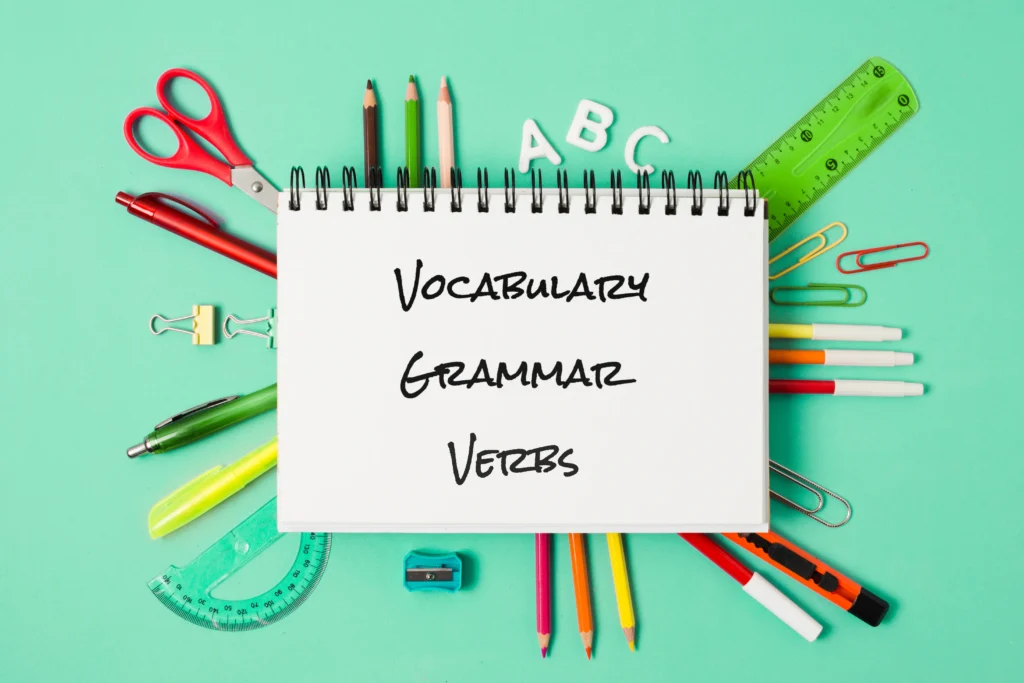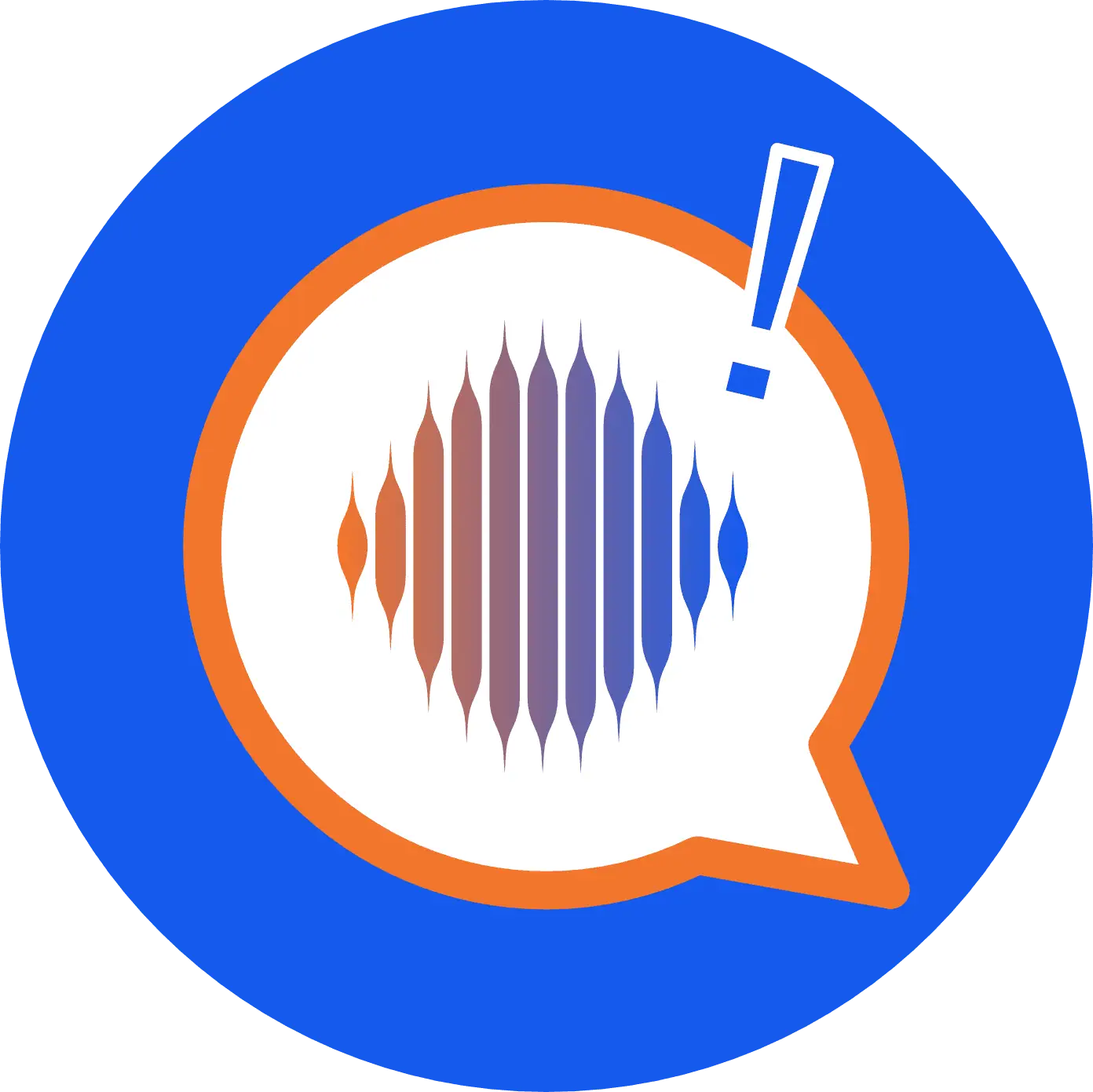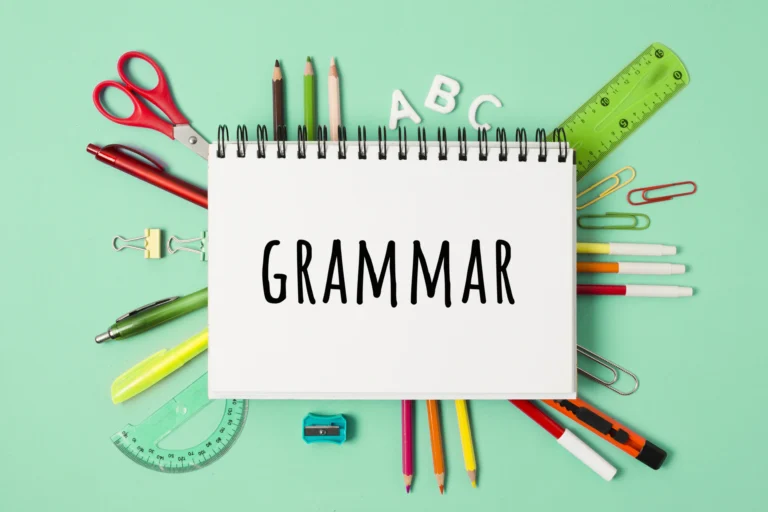Learning English is one of the most valuable skills you can acquire in today’s interconnected world. Whether you want to travel abroad, boost your career, or simply connect with more people, English can open countless opportunities. But if you’re a beginner, you might feel unsure about where to start or how to learn effectively.
The good news? You don’t need to feel overwhelmed. With the right strategies, like following some practical English learning tips for beginners, and consistent practice, you can make rapid progress, even from scratch.
In this guide, you’ll discover 10 simple, practical tips to learn English fast as a beginner in India. These are tried-and-tested methods that work in real life, not just in theory.
Here Are 10 Simple Tips to Learn English Fast as a Beginner in India
These 10 simple yet powerful tips will help you speak and understand English more confidently in less time. The key is consistency, make these habits a part of your daily life, and you’ll soon notice a big difference in your fluency and conversation skills.

1. Start with the Basics
Every journey begins with the first step, and in language learning, that step is mastering the basics. Before you dive into advanced grammar rules or complex vocabulary, focus on simple and useful phrases you can use daily.
If you’re wondering how to learn English fast in India, starting with these basics is the most effective approach.
For example:
- Hello, how are you?”
- “I need help.”
- “Where is the bathroom?”
These expressions may seem small, but they give you immediate tools to communicate in everyday situations. Think of it as building the foundation of a house — without it, nothing else stands.
Beginner Mistake to Avoid: Don’t try to learn complicated sentences right away. If you jump too far ahead, you’ll feel discouraged and lose motivation.
You can also explore Speaking Fever’s Basic English Course to strengthen your foundation and build solid basics.

2. Practice Speaking Every Day
One of the fastest ways to learn English is to speak it daily — even if you make mistakes. Many learners focus only on reading or listening, but speaking is where confidence is built.
If you’re looking for tips to learn English fast in India, making speaking a part of your daily routine is one of the most effective strategies.
If you have someone to talk to, great! If not, you can:
For example: If you went shopping, you could say, “Today I went to the market. I bought vegetables and fruit.” This daily habit strengthens your fluency and helps you think in English instead of translating from your native language.
Beginner Mistake to Avoid: Waiting until you’re “ready” before speaking. You will never feel 100% ready — start now.

3. Join Online English Learning Platforms
In today’s digital world, you don’t have to rely only on traditional classrooms to learn English in India. Online English learning platforms connect you with experienced teachers, interactive lessons, and learners from around the globe, all from the comfort of your home.
If you’re searching for English learning tips for beginners in India, joining an online platform is one of the smartest steps you can take to improve quickly.
Platforms like Speaking Fever offer one-on-one live classes where you can practice speaking with native or fluent speakers. This real-time interaction helps you correct mistakes instantly and gain confidence faster.

4. Listen More Than You Speak
When you listen to native speakers, you absorb natural pronunciation, rhythm, and tone. This helps you sound more natural when you speak. Start with slow and clear English resources, then gradually move to faster, real-life conversations.
If you’re searching for beginner English learning tips in India, improving your listening skills should be one of your top priorities.
Ideas for Listening Practice:
For example, if you’re watching a cooking video, listen to how the chef gives instructions. Words like “chop,” “boil,” or “stir” will become part of your active vocabulary.
Beginner Mistake to Avoid: Ignoring pronunciation. If you understand the words but pronounce them incorrectly, communication can still be difficult.

5. Learn 5–10 New Words Daily
Vocabulary is the building block of any language. Learning a few new words each day is more effective than trying to memorize hundreds at once.
If you’re wondering how to learn English fast for beginners in India, focusing on consistent vocabulary building is one of the most powerful methods.
Here’s how to make it stick:
- Write the word.
- Learn its meaning.
- Create at least two example sentences.
Example:
- Word: “Improve”
- Sentence 1: I want to improve my English.
- Sentence 2: Daily practice will improve your skills.
By the end of a month, even learning 5 words daily adds up to 150 new words.
Beginner Mistake to Avoid: Memorizing without using. If you don’t use a word in conversation, you’ll forget it quickly.

6. Read Simple English Books or Articles
Reading exposes you to sentence structure, grammar, and new vocabulary in context. Beginners should start with easy materials, and if you’re looking for fast English learning methods beginners can follow, reading simple texts is one of the most effective strategies.
As your understanding grows, gradually move to novels, essays, and professional content.
Example: Reading a short story like “The Very Hungry Caterpillar” may seem childish, but it uses basic words and repetition, which is great for beginners.
Beginner Mistake to Avoid: Jumping into complex novels too soon. You might feel frustrated and give up.

7. Practice Thinking in English
A major reason learners struggle to speak fluently is constant translation from their native language. This slows you down. Instead, train your brain to think directly in English.
One of the most valuable English tips for beginners in India is to practice forming thoughts in English rather than translating word by word.
Start with small sentences in your head:
As this becomes natural, try narrating your actions:
Beginner Mistake to Avoid: Translating every single word in your head. Trust your memory and intuition more over time.

8. Write Something Every Day
Writing improves grammar, vocabulary, and sentence formation. If you’re looking for tips for learning English for beginners in India, starting a simple writing habit is one of the most effective ways to practice. Begin with a short daily journal entry:
You can also write social media posts in English, short emails to friends, or even your to-do list. The goal is to make English part of your daily life.
Beginner Mistake to Avoid: Worrying about perfect grammar while writing. Focus on getting your thoughts out first, then edit.

9. Surround Yourself with English
The more you surround yourself with English, the faster you’ll learn. One of the most effective english language learning tips for beginners in India is to create an immersive environment where you’re constantly exposed to the language. Change your phone’s language settings, label objects around your house, and follow English-speaking pages online.
Example: Stick a note on your fridge that says “Refrigerator” or on your door that says “Door.” Every time you see it, you reinforce the word in your mind.
Beginner Mistake to Avoid: Keeping English limited to study time only. Immersion speeds up learning.

10. Be Patient and Stay Consistent
Language learning is a long-term process. Some days will feel easy, others frustrating — and that’s normal. The key is consistency. Even 20 minutes of daily practice will show results over time. If you’re looking for practical tips for beginners to learn english in India, focusing on small, consistent daily habits is one of the most effective strategies.
Track your progress. Record yourself speaking once a month and compare it to earlier recordings. You’ll be surprised at how much you improve.
Beginner Mistake to Avoid: Comparing your progress with others. Everyone learns at their own pace.
Final Thoughts
Learning English as a beginner doesn’t have to be complicated or stressful. With these 10 simple english learning tips for beginners, you can create a learning routine that is enjoyable, effective, and sustainable.
Remember:
The more you practice, the faster you’ll improve — and soon, speaking English will feel natural.
If you are interested to speak English confidently?
Join our best online spoken English course in India and learn how to speak fluently, confidently, and naturally.
At Speaking Fever, we offer personalized online spoken English classes that focus on real speaking—not just studying. We help individuals overcome their fear, improve their fluency, and open doors to better job and lifestyle opportunities.
Book Your Online English Trial Class
FAQ
1. How can I learn English fast at home as a beginner in India?
You can learn English quickly at home by creating a daily routine that includes speaking, listening, reading, and writing. Use online resources, watch videos with subtitles, and practice speaking out loud. Consistency is more important than study time — even 20 minutes daily works wonders.
2. What is the easiest way to start learning English in India?
Start with basic words and common phrases, then move to grammar and sentence formation. Listening to native speakers through videos or podcasts will help you get familiar with pronunciation and tone.
3. How long does it take to speak English fluently in India?
It varies. For a absolute beginner practicing daily, it can take 2–3 months to hold basic conversations confidently. Fluency takes longer, depending on how much you immerse yourself in the language. Using tips for beginners learning English consistently will speed up your progress.
4. Can I learn English without a teacher in India?
Yes, many people are self-taught through free apps, videos, and practice with friends. However, a teacher can provide guidance, correct mistakes, and speed up the process. If you’re looking for tips for rapid English learning, combining self-study with occasional guidance works best.










